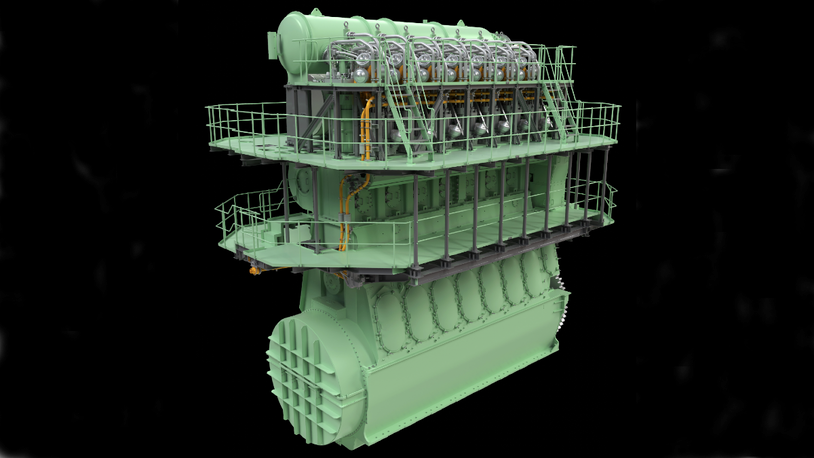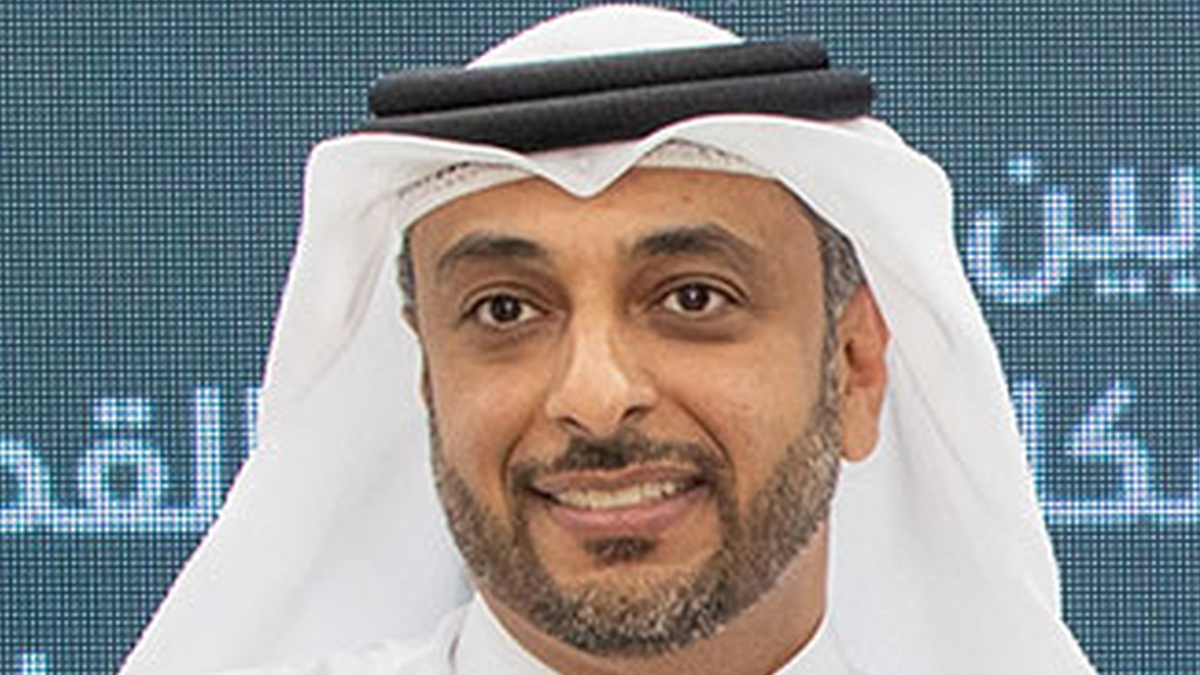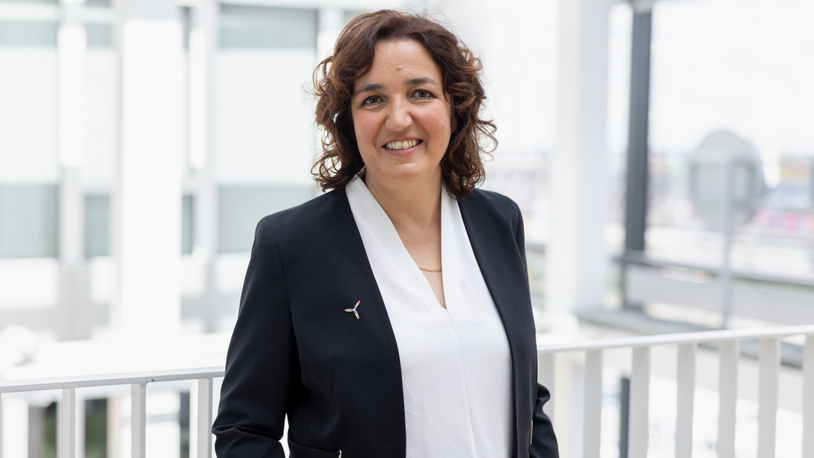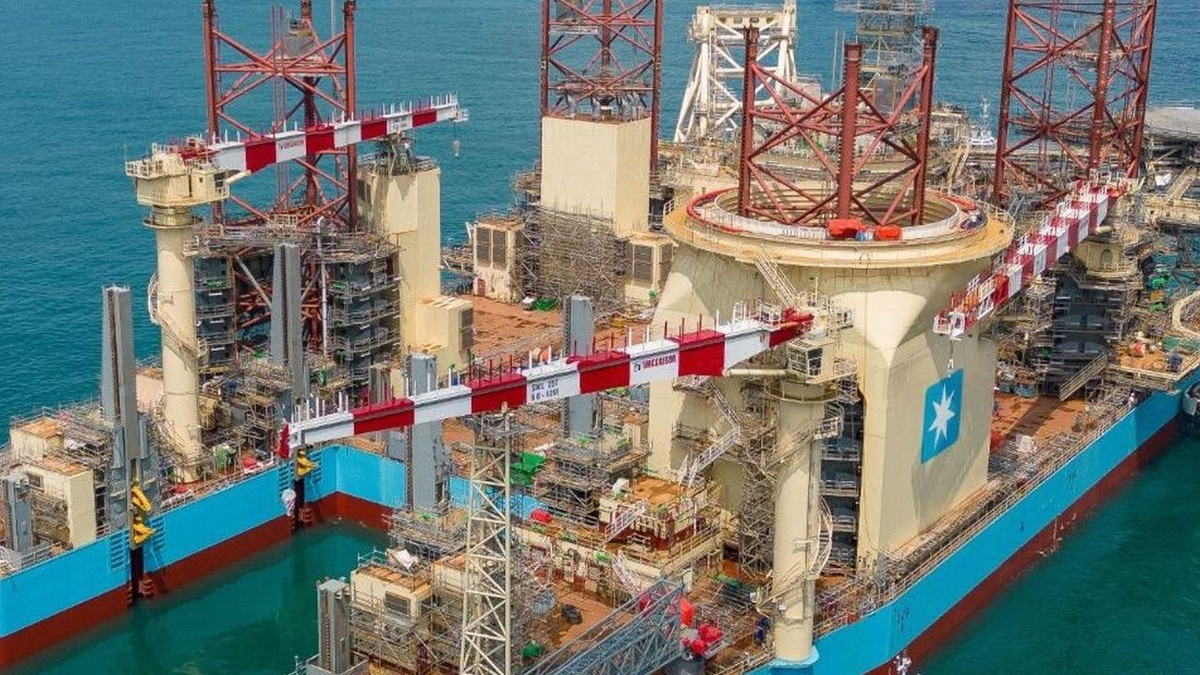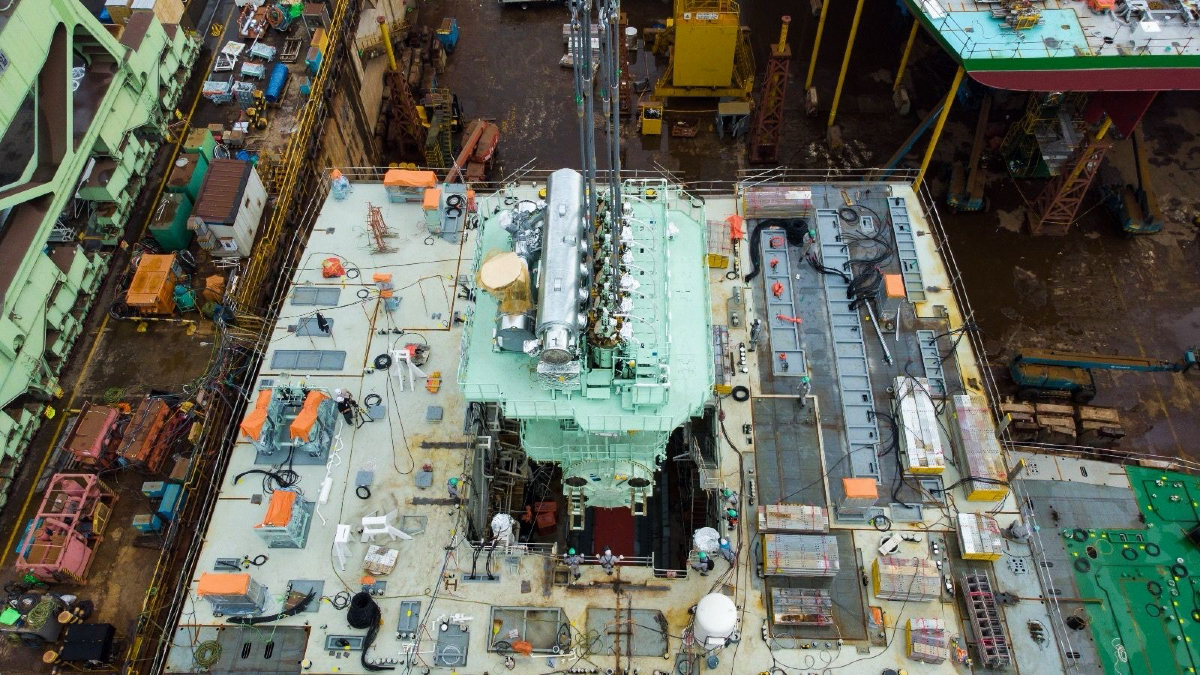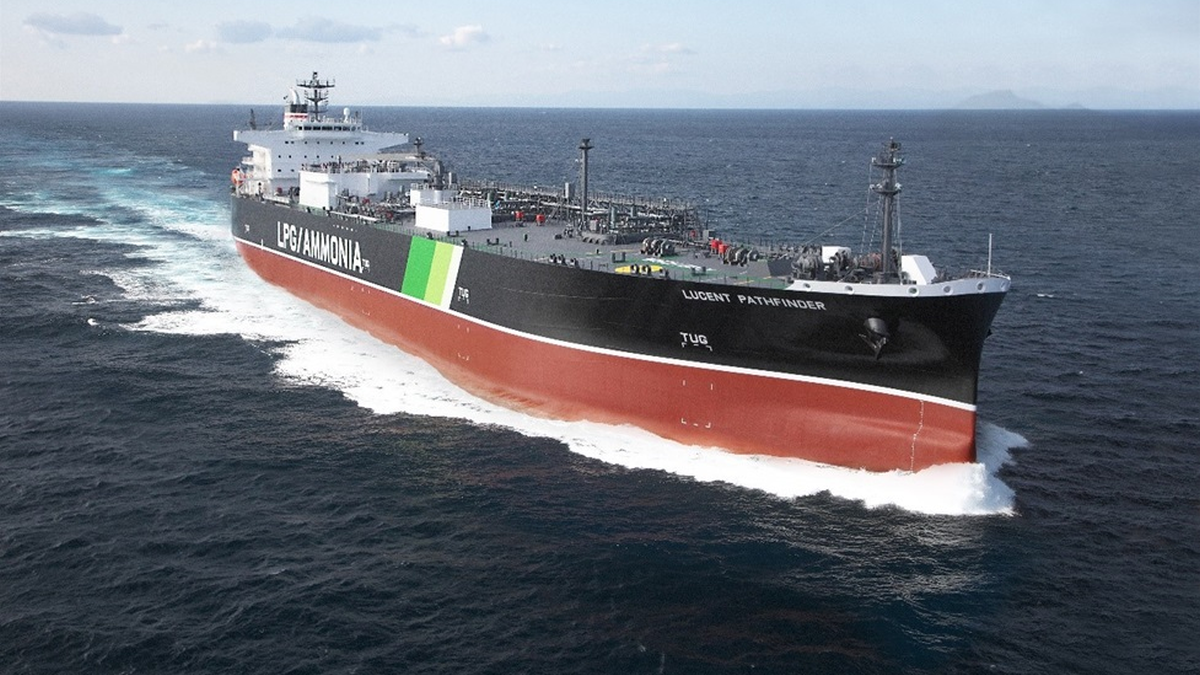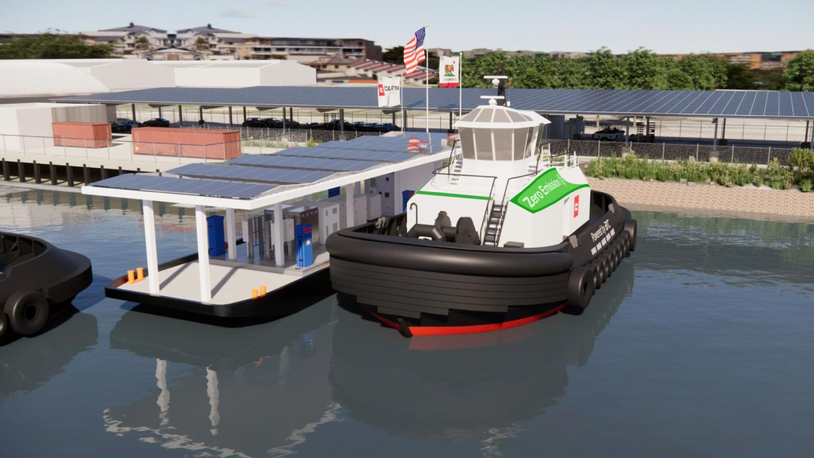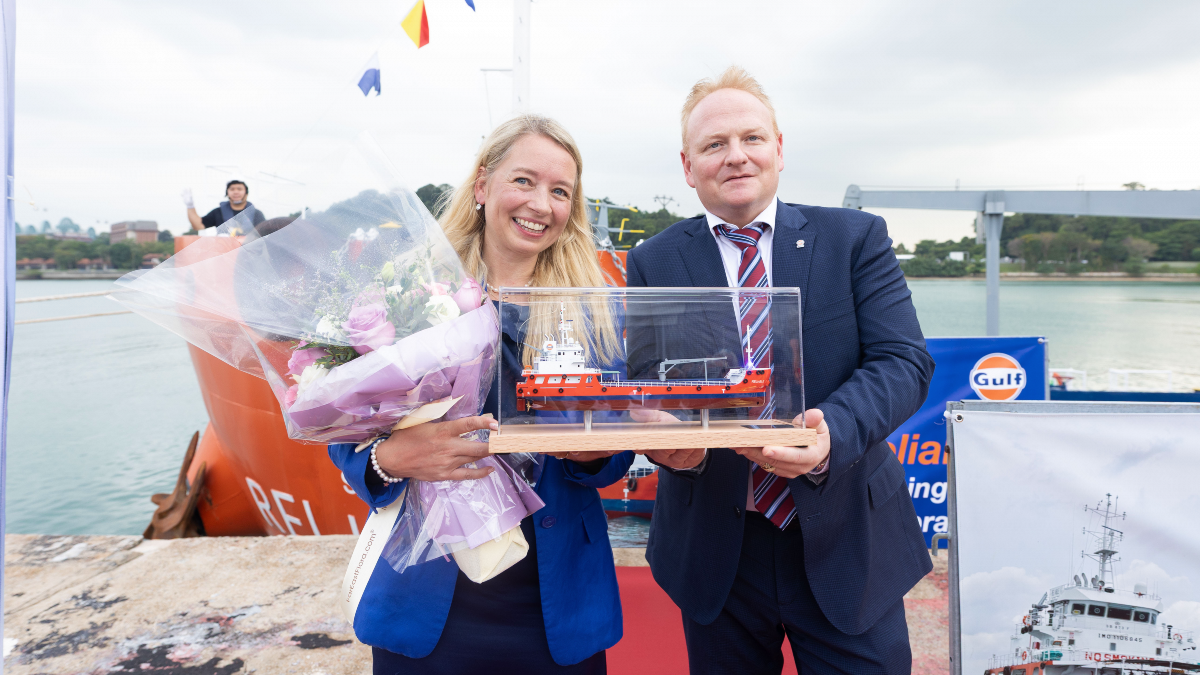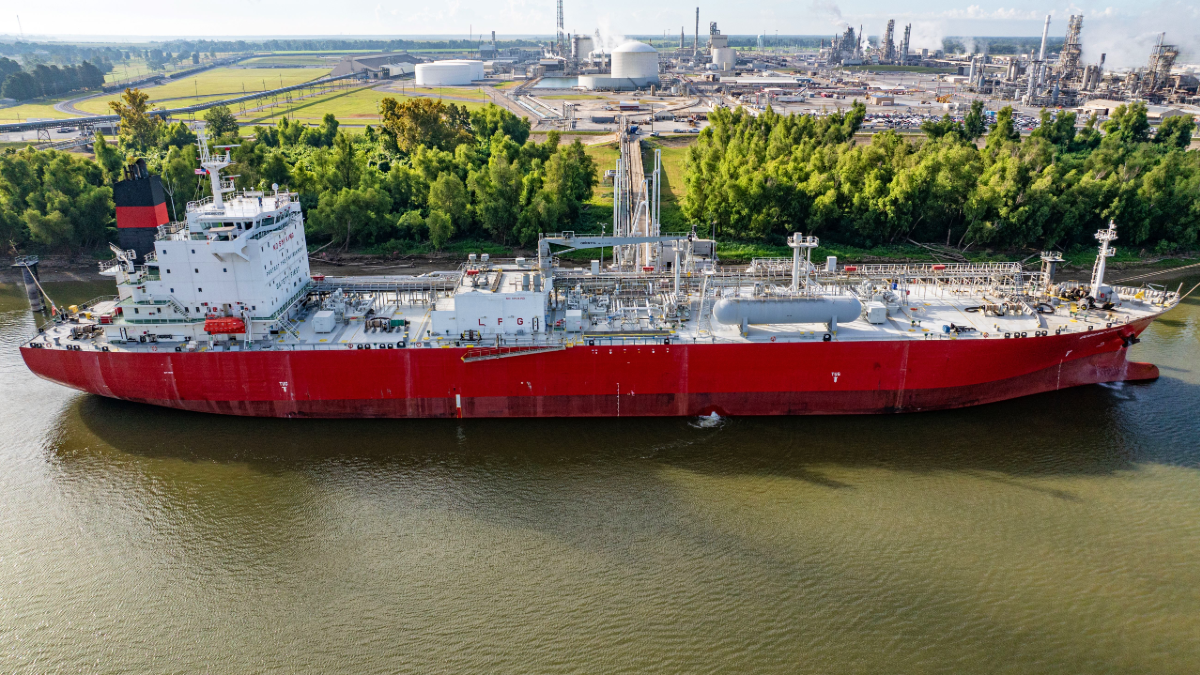Business Sectors
Events
Floating energy: successfully unlocking stranded gas using FLNGs and FSRUs
Contents
Höegh Autoliners orders ammonia engines to pioneer zero-carbon fuels in PCTCs
Höegh Autoliners orders Everllence two-stroke ammonia duel-fuel engines for the last four Aurora-class PCTC newbuilds
Höegh Autoliners ordered four ammonia-burning Everllence B&W ME-LGIA engines for delivery to an undisclosed Asian shipyard for a series of 9,100-CEU pure car truck carriers (PCTCs).
Engine designer Everllence reported the order for the four two-stroke ammonia dual-fuel 7S60ME-LGIA (liquid gas injection ammonia) engines, which will be installed in four Höegh Autoliners’ Aurora-class PCTCs. Everllence licensee, HD Hyundai Heavy Industries will build the engines in South Korea.
Everllence said the order signals “a new era for clean propulsion within global shipping”.
Höegh Autoliners chief executive, Sebjørn Dahl, said his company was “proud to be among the first companies selected to pioneer this important transition together with Everllence. This collaboration underscores their trust in us as a reliable frontrunner in the shift to zero-emissions shipping.”
The ammonia dual-fuel engines will be installed in the last four of 12 Aurora-class PCTCs, which Höegh anticipates will begin burning zero-carbon fuels starting in 2027.
“This order – one of several ammonia pilot-projects we have in China, Japan and South Korea – gives us encouragement that we are on the right path, as does the widespread industry interest in our progress” said head of two-stroke business for the Danish engine maker, Bjarne Foldager, who noted the company’s “safety-first approach” in developing marine engines that burn ammonia, a highly toxic and corrosive fuel with different combustion and fuel handling characteristics than traditional marine fuels.
Mr Foldager said the company was “confident that ammonia will ultimately become one of three major, alternative fuels in the market along with methanol and methane.”
Everllence head of two-stroke sales and promotion, Christian Ludwig discussed the development timeline for the engines. “We have now been running our two-stroke ammonia test engine since 2023 and can confirm the ME-LGIA’s combustion is right where we want it. Using the Diesel principle, the ME-LGIA engine concept has many of the same merits as our existing dual-fuel engines that entered operation over a decade ago. Inspired by these engines, we are – among other innovations – using the same sealing-oil design for the fuel-booster injection valves as this has proven to be particularly important and efficient,” he noted.
Mr Ludwig said the engine maker anticipates having “a small number of demonstration projects on the water” by the end of 2026 to “enable a commercial market introduction of the G50-, S60-, G60-, G70- and G80-bore ME-LGIA engines based on positive service experience.”
Höegh’s Aurora-class vessels are the first in the PCTC segment to receive DNV’s ammonia-ready and methanol-ready notations, with expectations the vessels will also be the first to be ready to operate zero-carbon ammonia propulsion with the main engine designed by Everllence.
Riviera’s Maritime Decarbonisation Conference, Europe will be held in Amsterdam Schipol Airport, 30 September to 1 October 2025. Click here to register your interest in this industry-leading event.
Related to this Story
Events
Floating energy: successfully unlocking stranded gas using FLNGs and FSRUs
© 2024 Riviera Maritime Media Ltd.


